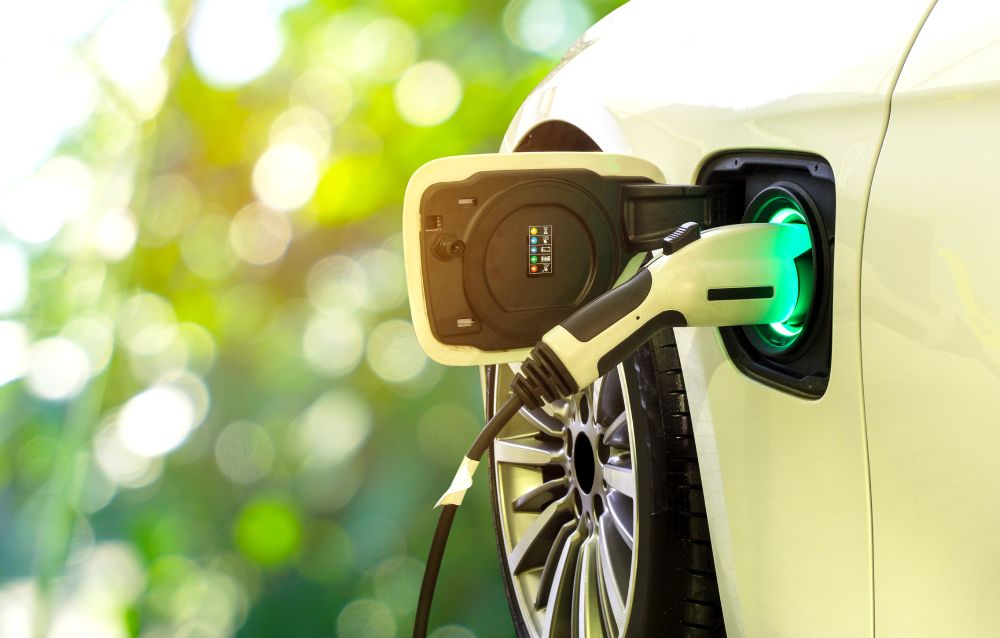India’s Tax Cut Fuels Tesla’s Drive into Indian EV Market

Bengaluru, India – India’s recent decision to slash import taxes on specific electric vehicles has stirred excitement, especially within the corridors of Tesla Inc, an American multinational automotive and clean energy company. The move, recently announced, hinges on a crucial caveat: carmakers must pledge a minimum investment of US$ 500 million and commence local manufacturing within three years.
For Tesla, this policy shift aligns perfectly with its long-standing aspirations in the Indian market. Elon Musk, CEO, Tesla Inc, has been steadfast in his pursuit of an Indian venture, a dream that required a commitment to domestic production—a stipulation set by New Delhi. Despite initial hesitations from local car manufacturers, Tesla’s persistence paid off, with the recent tax revision reflecting a victory for the electric vehicle (EV) titan.
Reports indicated that Tesla proposed manufacturing a US$ 24,000 car at a yet-to-be-built facility but sought reduced import duties, which Tesla labeled among the world’s highest. Under the new policy, effective immediately, companies meeting the criteria can import up to 8,000 electric vehicles priced at US$ 35,000 or more annually at a reduced tax rate of 15 percent. Presently, India imposes a tax of 70 percent or 100 percent on imported electric vehicles based on their value.
Piyush Goyal, Minister of Commerce & Industry, Consumer Affairs & Food & Public Distribution and Textiles, Govt of India, expressed optimism about India’s potential as a global hub for EV manufacturing, creating jobs and trade opportunities. Although, the number of EVs in the Indian market is an insignificant 2 percent of all car sales in 2023, the present aim, however, is to increase this share by 30 percent by 2030.
It is important to note that the new policy is not only for Tesla but also for other international companies and portrays a whole new level of competition and dynamism in India’s EV sector. This move coincides with a global slowdown in EV sales growth, offering an opportune moment for new entrants to tap into the world’s third-largest auto market.
While Tesla faces challenges from competitors like BYD Co Ltd—a major Chinese automaker—and regulatory complexities, exemplified by investment restrictions for countries sharing borders, other players like Vietnam’s VinFast are also eyeing India’s burgeoning EV landscape. Despite opposition from domestic automakers like Tata Motors Ltd and Mahindra & Mahindra Ltd, India remains steadfast in its commitment to bolstering the EV ecosystem and fostering healthy competition among industry players.
Image Source: Magic Wand Media



 Facebook
Facebook.png) Twitter
Twitter Linkedin
Linkedin Subscribe
Subscribe